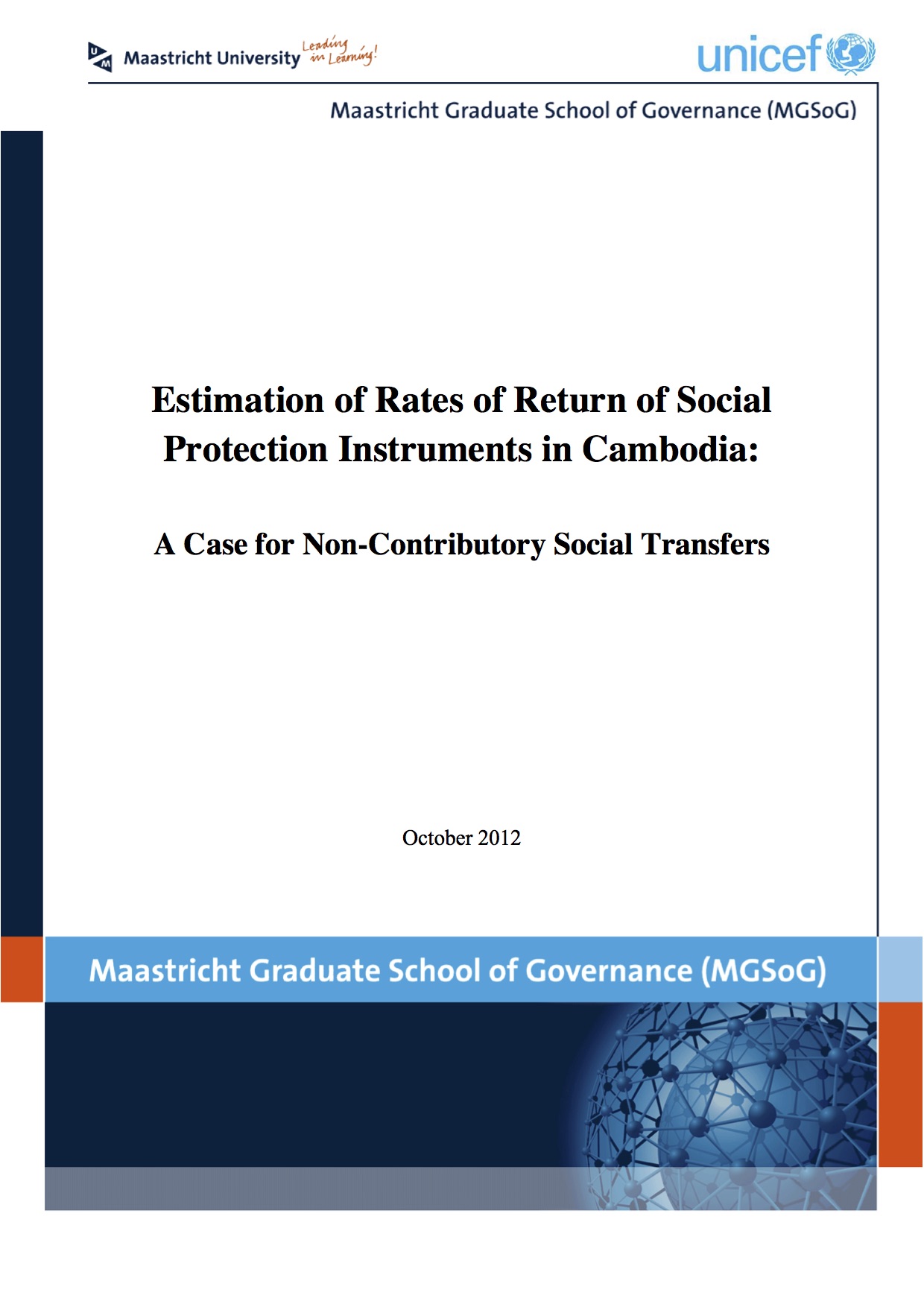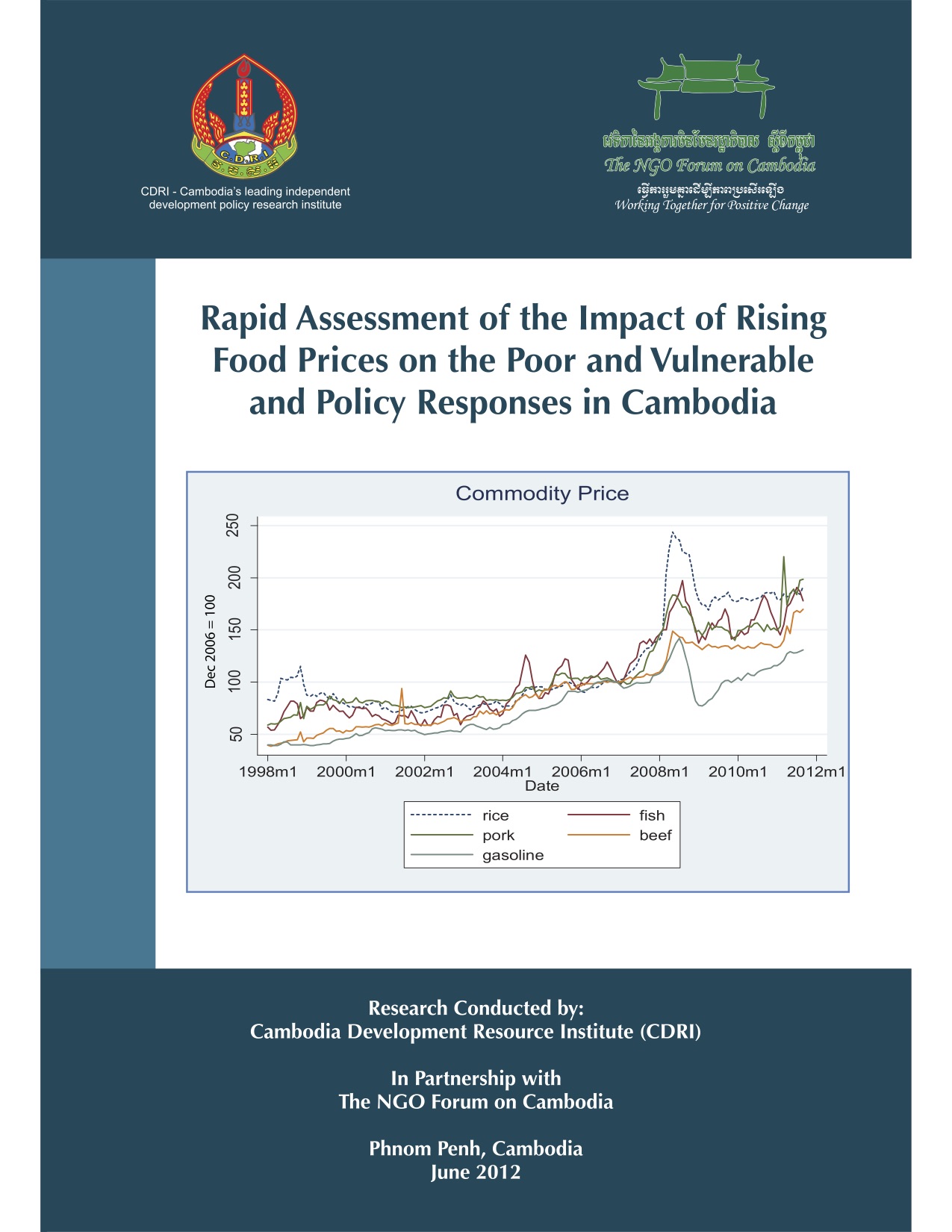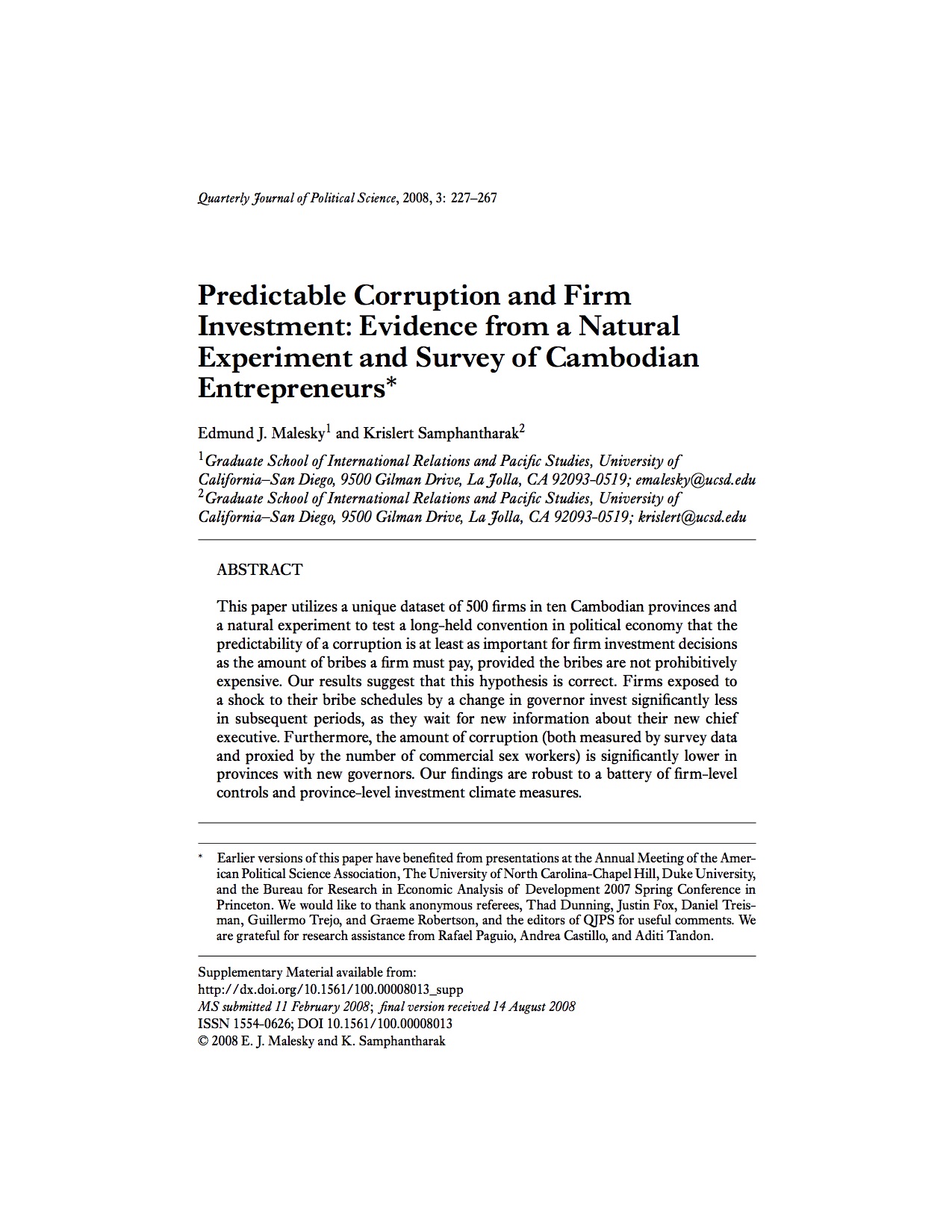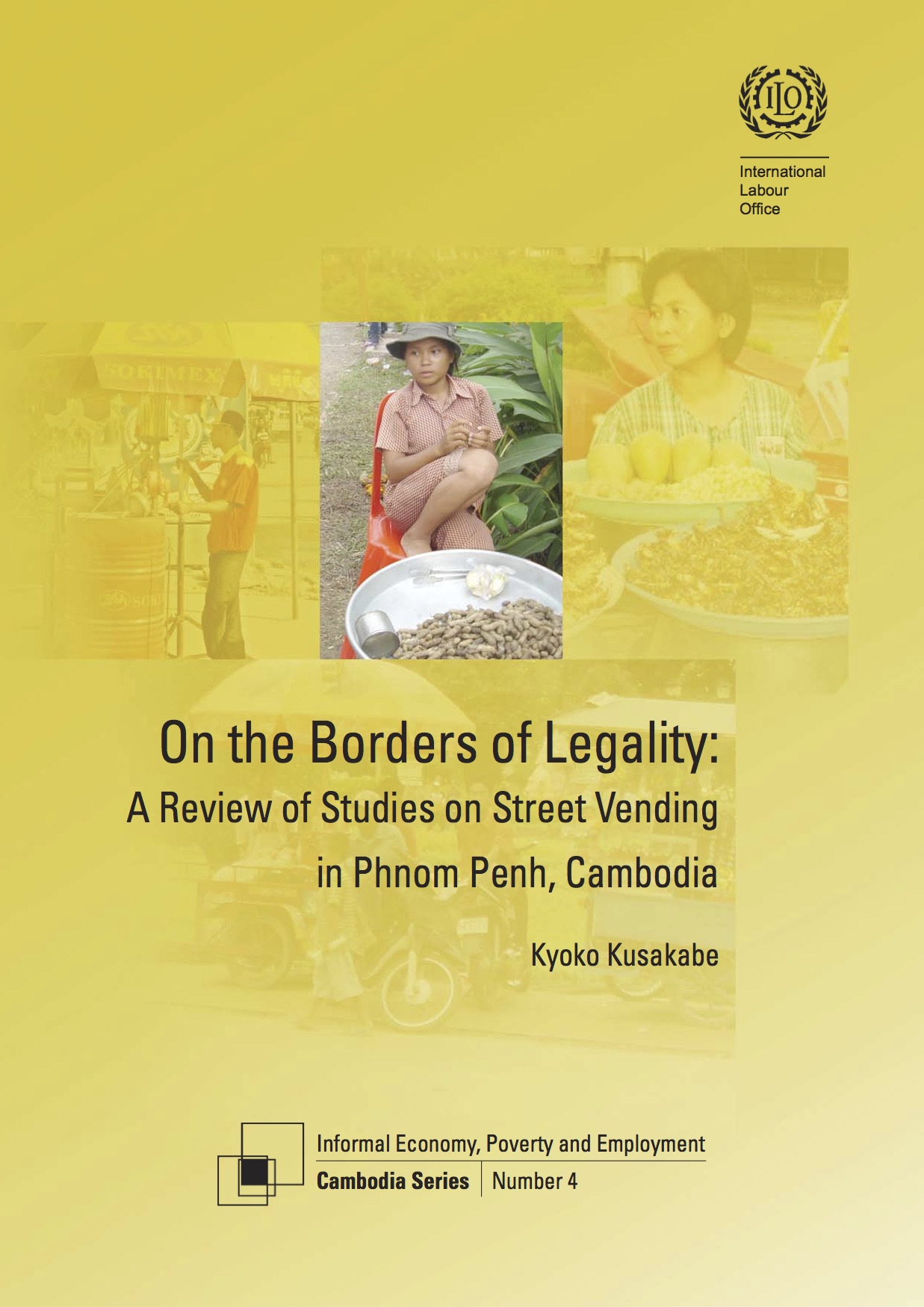Latest Entries
Trade, Monitoring, and the ILO: Working To Improve Conditions in Cambodia’s Garment Factories
Publication Year: 2014 / Sources: Yale Human Rights and Development Journal, Volume 7The U.S.-Cambodia Bilateral Textile Trade Agreement, signed on January20, 1999, was remarkable for its inclusion of a labor standards provision that created incentives for the Cambodian garment industry to bring itself into substantial compliance with international labor standards and Cambodian labor law. The labor standards provision provided the impetus for the creation of a novel program, to be operated by the International Labor Organization (ILO). This program combined trade-related incentives to enforce workers’ rights with an unprecedented plan to have the ILO conduct factory-level monitoring of working conditions. This Article examines how the program was designed and implemented and evaluates the proposals and conceptions that preceded the final project document. This analysis provides a case study on how to construct and implement future programs that combine trade and factory monitoring to improve working conditions and enforce core labor rights along the global supply chain.
Estimation of Rates of Return of Social Protection Instruments in Cambodia: A Case for Non-Contributory Social Transfers
Publication Year: 2012 / Sources: Maastricht University, Council for Agricultural and Rural Development, CARD Royal Government of Cambodia, and United Nations Children's Fund UNICEF – CambodiThe Royal Government of Cambodia launched in 2011 the National Social Protection Strategy for the Poor and Vulnerable (NSPS) in order to contribute to the rehabilitation and stability of the economy, but also to enhance human capital. This study provides empirical evidence for the implementation of the NSPS making the case for a basic package of non-contributory social protection provisions targeted at poor persons in rural areas covering various life-cycle risks. The instruments include cash transfers for children, social pensions, scholarships for lower secondary education, and public works programmes. A microsimulation model is designed using data from the Cambodian Socio Economic Survey 2004 and 2009. The model estimates the potential effects, benefits and returns of the implementation of social protection in Cambodia.
Rapid Assessment of the Impact of Rising Food Prices on the Poor and Vulnerable and Policy Responses in Cambodia
Publication Year: 2012 / Sources: Cambodia Development Resource Institute (CDRI)The increase in global food prices in 2008 has led to significantly higher food prices across developing countries. Having peaked in mid-2008, global food prices have fallen but remain volatile, and local food prices are still high in many countries including in Cambodia. The food and non-alcoholic beverages price index in Phnom Penh has continued to increase since March 2009. For this reason, this study attempts to investigate the causes of rising food prices, assess the impact of the recent rise in commodity prices on poor households and vulnerable groups, and update the government policy responses in Cambodia. Specifically, the study will highlight the different key factors behind rising food prices in 2008 and 2011, measure the effect of the food price hikes on poverty, and provide policy options to mitigate the impact of rising food prices on poor households and vulnerable groups.
Predictable Corruption and Firm Investment: Evidence from a Natural Experiment and Survey of Cambodian Entrepreneurs
Publication Year: 2008 / Sources: Quarterly Journal of Political Science, Volume 3This paper utilizes a unique dataset of 500 firms in ten Cambodian provinces and a natural experiment to test a long-held convention in political economy that the predictability of a corruption is at least as important for firm investment decisions as the amount of bribes a firm must pay, provided the bribes are not prohibitively expensive. Our results suggest that this hypothesis is correct. Firms exposed to a shock to their bribe schedules by a change in governor invest significantly less in subsequent periods, as they wait for new information about their new chief executive. Furthermore, the amount of corruption (both measured by survey data and proxied by the number of commercial sex workers) is significantly lower in provinces with new governors. Our findings are robust to a battery of firm-level controls and province-level investment climate measures.
On the Borders of Legality: A Review of Studies on Street Vending in Phnom Penh, Cambodia
Publication Year: 2006 / Sources: International Labour OfficeThis study, On the Borders of Legality: A Review of Studies on Street Vending in Phnom Penh, Cambodia, brings together findings from different studies in Cambodia on street vending. It characterises street vending in Cambodia, describes its contribution to employment, and highlights the role of associations in engaging the state so that appropriate policies may be established to capitalise on the potential of this subsector. Specific policy recommendations are further outlined.





